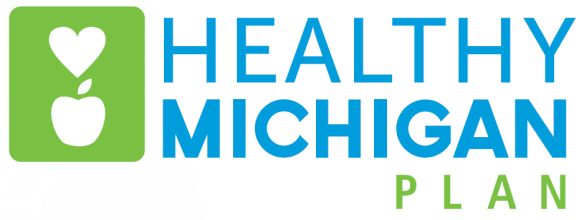NEW HOUSEHOLD income guidelines that are used to determine eligibility for free and reduced-price school meals are available for 2014-15, the Michigan Department of Education (MDE) announced last week.
Established by the U.S. Department of Agriculture (USDA), the new income guidelines are effective through June 30, 2015, and apply to free and reduced-price meals and free milk available through the National School Lunch, School Breakfast, Special Milk, and Child and Adult Care Food Programs.
Children from families with incomes at or below 130 percent of the federal poverty level are eligible for free meals and milk.
Those with incomes between 130 percent and 185 percent of the poverty level are eligible for reduced-price meals, for which students can be charged no more than 40 cents.
About 49 percent of all students in Michigan K-12 schools were eligible for free or reduced lunches in 2013-14. Of these eligible students, about 70 percent participated in the free or reduced lunch programs.
For a family of four in 2014-15, for instance, 130 and 185 percent of the poverty level is $31,005 and $44,123, respectively, both up about 1.27 percent over the previous year.
“With these adjustments, more people qualify for free and reduced-priced meals than the previous year,” State Superintendent Mike Flanagan said. “These are federally reimbursable meals that provide nutrition to children in need.”
Families should contact their school, school district, child care center or family day care home sponsor to find out whether it participates in these programs.
Schools, child care centers, adult day care centers and family day care home sponsors provide a form for applying for free or reduced price meals. Only one application is required per household.
Those automatically qualifying for free meals include adults, children and foster children who are enrolled in programs or facilities such as the Michigan’s Family Independence Program, Food Assistance Program, Food Distribution Program on Indian Reservations, Head Start, an at-risk afterschool center, or an emergency shelter.
An application to a school, child care center, adult day care center, or family day care home sponsor can be approved if it contains complete documentation of household income or current participation in Michigan’s Family Independence Program, Food Assistance Program, or Food Distribution Program on Indian Reservations. An appeal procedure is available for households where applications are denied.
Participating schools, child care centers, adult day care centers, and family day care home sponsors accept applications for free or reduced price meals throughout the year. A household may qualify for free or reduced price meals due to a temporary loss of income, such as a period of unemployment.
If a doctor determines that a child or adult has a disability, and the disability prevents the participant from eating the regular school or center meal, the school or center makes any substitution prescribed by a doctor at no charge. The doctor’s statement, including prescribed diet or substitution, must be submitted to the food service department of the school or child or adult care facility.
The USDA prohibits discrimination against its customers, employees, and applicants for employment on the bases of race, color, national origin, age, disability, sex, gender identity, religion, reprisal, and where applicable, political beliefs, marital status, familial or parental status, sexual orientation, or all or part of an individual’s income is derived from any public assistance program, or protected genetic information in employment or in any program or activity conducted or funded by the Department.

